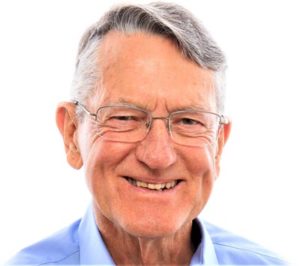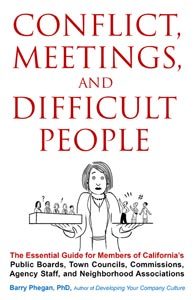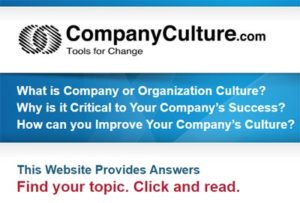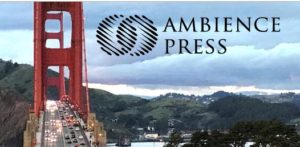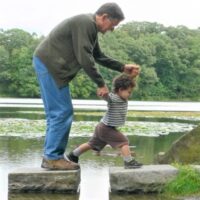 After a truly wonderful recent visit to Wenatchee, Washington, my daughter drove me to the airport. Her children were along for the ride, and she spoke with her son about scheduling a tune-up for his bicycle. I mentioned that when I was a kid, taking a bike to a store for a tune-up was inconceivable. Maintaining your bike was just one of the many things you learned early on by doing because you had to.
After a truly wonderful recent visit to Wenatchee, Washington, my daughter drove me to the airport. Her children were along for the ride, and she spoke with her son about scheduling a tune-up for his bicycle. I mentioned that when I was a kid, taking a bike to a store for a tune-up was inconceivable. Maintaining your bike was just one of the many things you learned early on by doing because you had to.
She replied that these days people are juggling many more things than they did when I was young. I casually suggested her children have plenty of time on their hands, which is when the conversation began falling apart.
Later, I mused on the difference between today’s busy middle-class-child life in the United States, and my idle life in the 1940s and 50s in suburban Australia. My daughter was correct. We lived in different worlds.
My Simple Childhood
Does every generation believe their childhood was simpler than the next? I didn’t feel it was my parents’ responsibility to keep me busy or entertained. I don’t think they even imagined such a role for themselves. I knew my responsibilities around school and home. My parents provided love, food, shelter, a dog, piano and tennis lessons, a private high school (how they afforded that remains a puzzling mystery), occasional Friday nights at the movies and weekends at the beach.
Of course, they did a lot more, but by and large my only semi-reliable memory is that my life was my responsibility. I helped around the house with dishes, darning my socks, gardening, hanging the laundry, and so on. By age 10 I built complex model airplanes. At 15 I built a wood-framed, canvas-covered, two-person kayak, totally with small hand tools. I forget at what age my parents bought me a bike, but it was a revelation in both the freedom to reach beyond my previous tight pedestrian world and exploration and discovery of Sydney’s vast, beautiful north side. I felt competent, skilled, and independent.
Danger, Safety, Protection?
Primary school was three miles from home. High school was ten. I traveled to both schools alone by tram, bus, and train. It didn’t feel dangerous, though it was customary to jump off the train before it stopped and slide on the cream-colored pea-gravel covering the train station platform. I never lost a leg.
In 1942, during World War II, the North Australian town of Darwin was bombed by the Japanese. The Australian public did not know this until after the war. The government censored the event to maintain high morale at home and prevent the enemy from receiving valuable information on the success of their bombing. Today a live feed would show the bombs as they fell. And yes, your morale would fall. You’d be very anxious, probably hanging close to the kitchen AM radio for the next piece of scary news.
Fear
But of course, that didn’t happen. Life was not so scary. The media, corporations, and politicians had not yet discovered how to monetize citizens’ shock, anxiety, fear, and paranoia. I think that’s why I could travel by myself to school, and why on weekends and summer, I could leave in the morning and reappear for dinner, without my parents knowing where I was, or being worried.
Today’s children are more protected, well connected to the world, and more fearful. I don’t know where my grandchildren stand on their personal sense of competence and independence. I do know that they are as well-adjusted to their reality as I was to mine. We each normalize our realities. We must or go nuts.
Given the accelerating rate of change, toward the end of this century, my grandchildren’s grandchildren will face an even more different world. At a minimum, they will experience more immediate information, more hammering assaults for their attention, and a physical planet vastly reshaped by climate change, water wars, political upheavals, and massive dislocations and migrations.
Accommodating to Dystopia
And I imagine my great-great-grandchildren will be as well adjusted to that reality as I was to mine, and my grandchildren are to theirs. But even knowing that, I wish today was more like my yesterday. Am I a dinosaur?
Thank you for thinking along with me.
How is this generational change for you? I’d like to hear.
me, Barry Phegan
Add Your Name below to my list to know when I have posted a new blog.
The photo is of me and a grandson in 2009.

